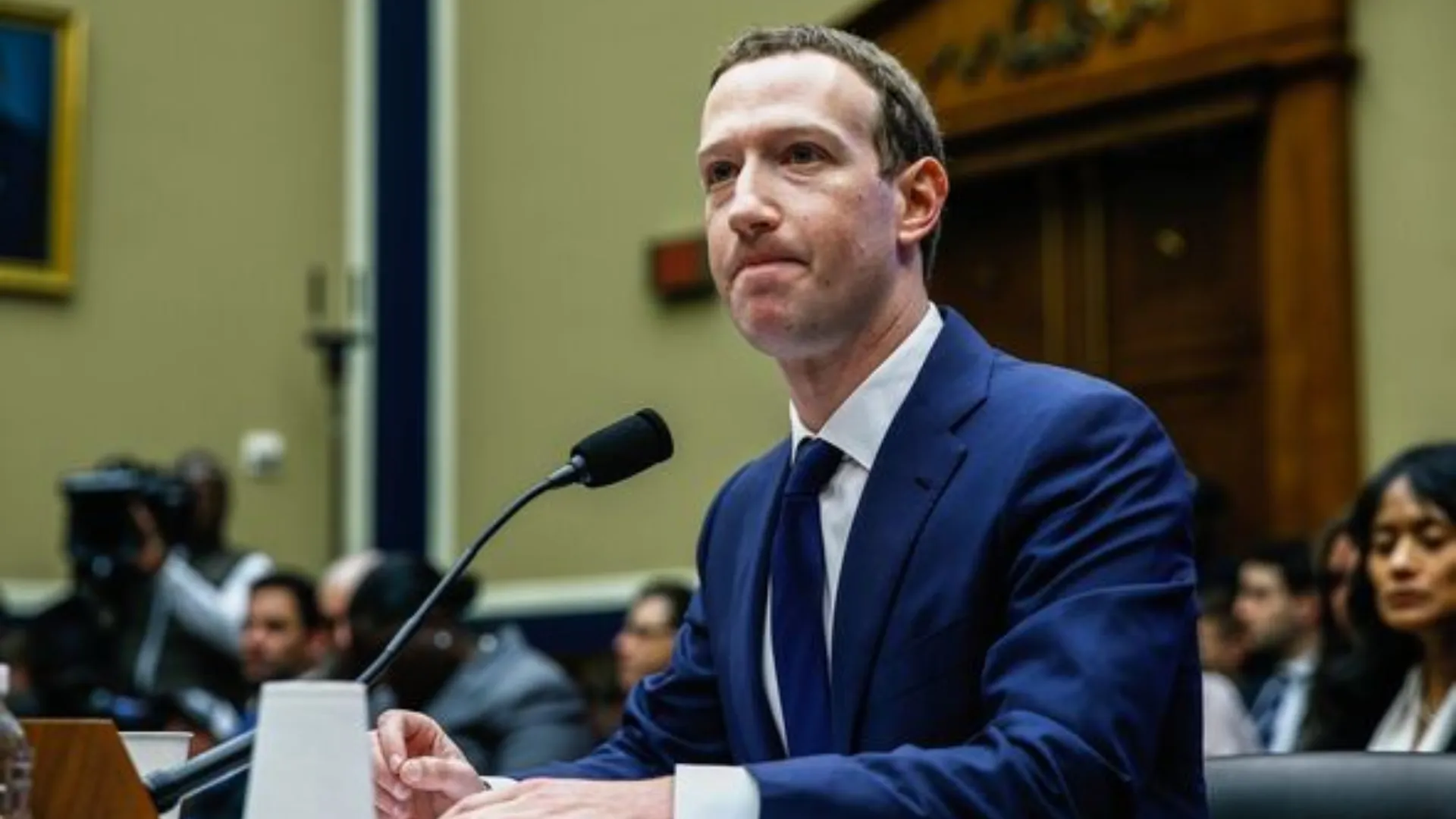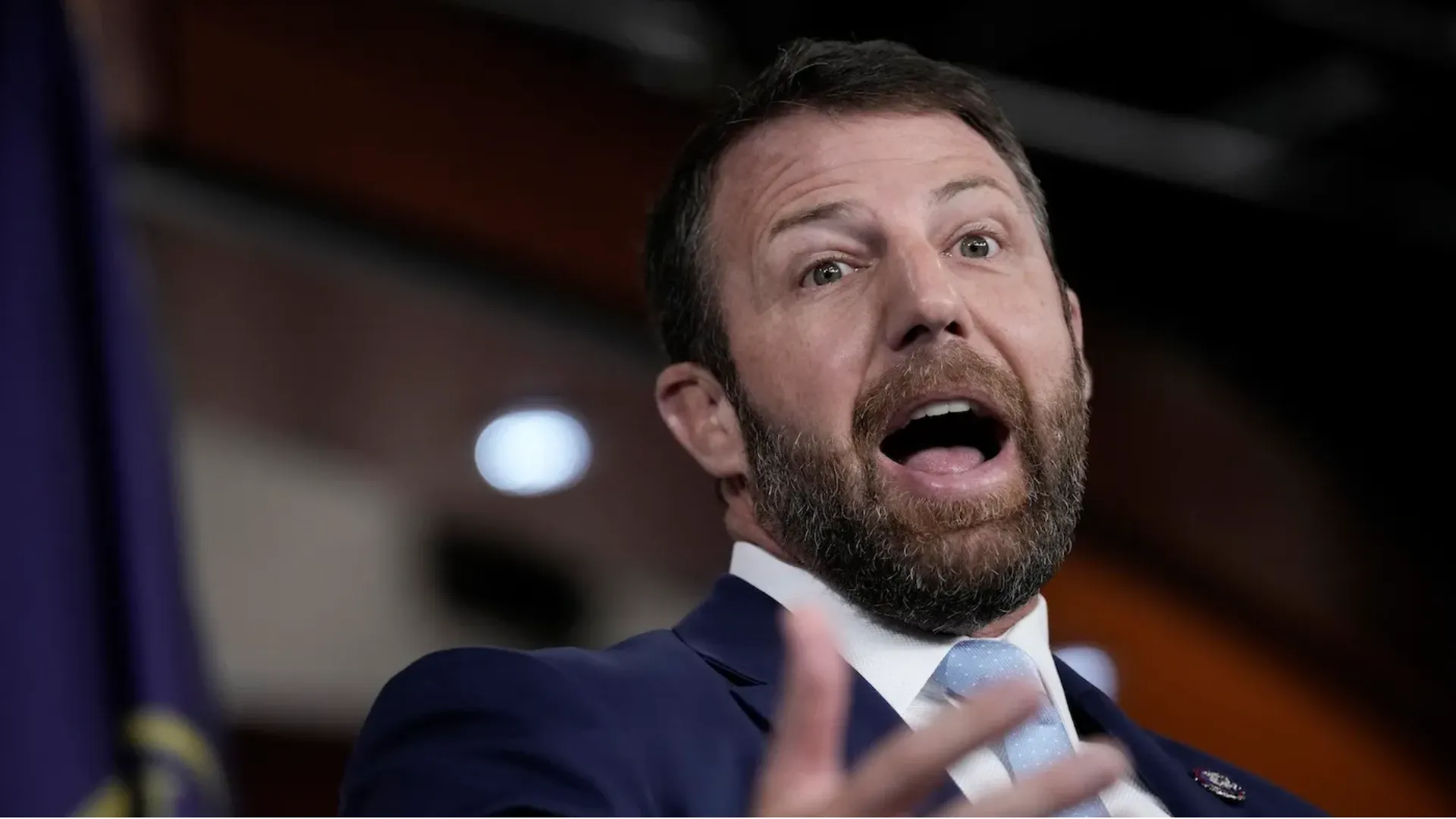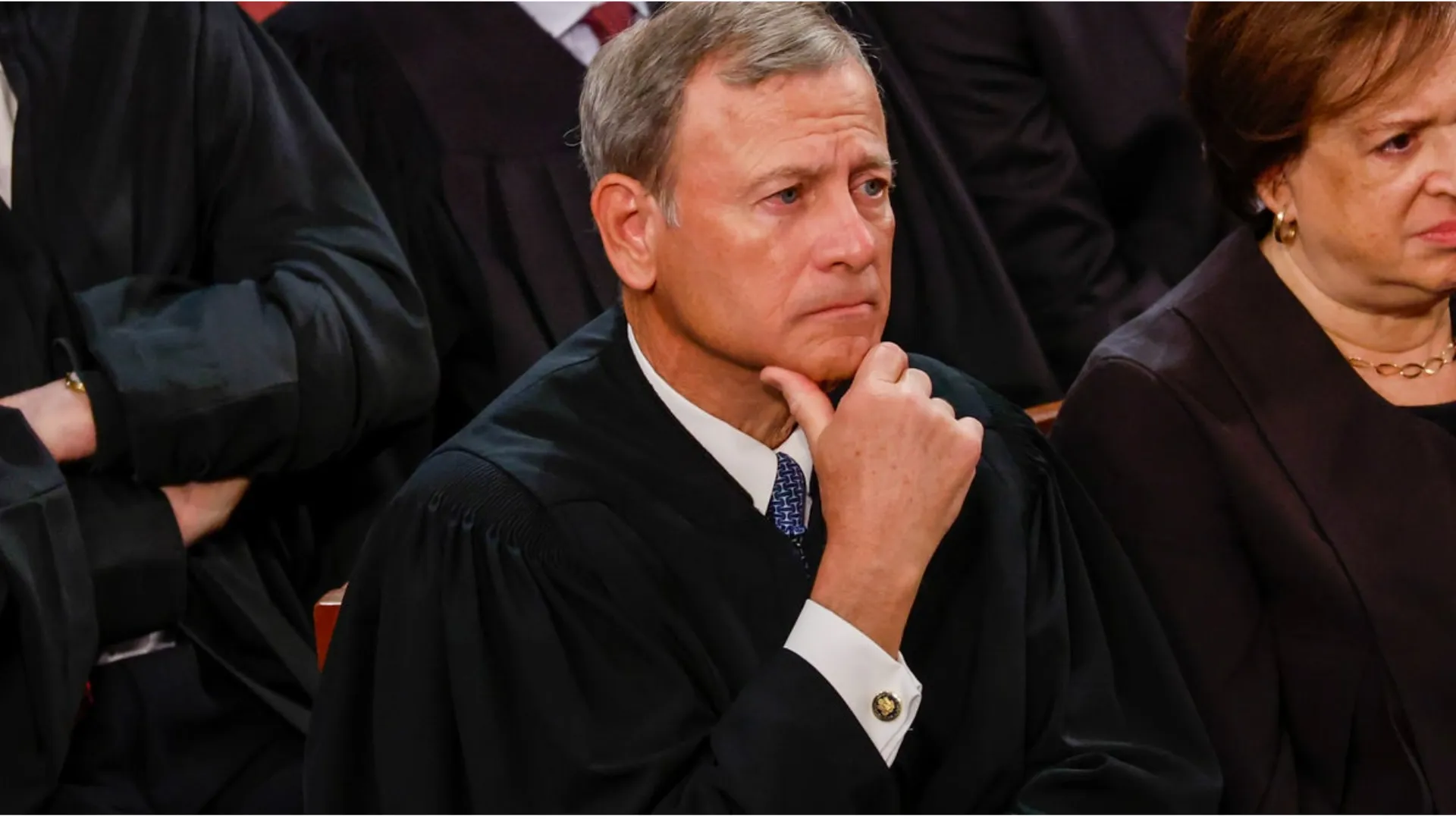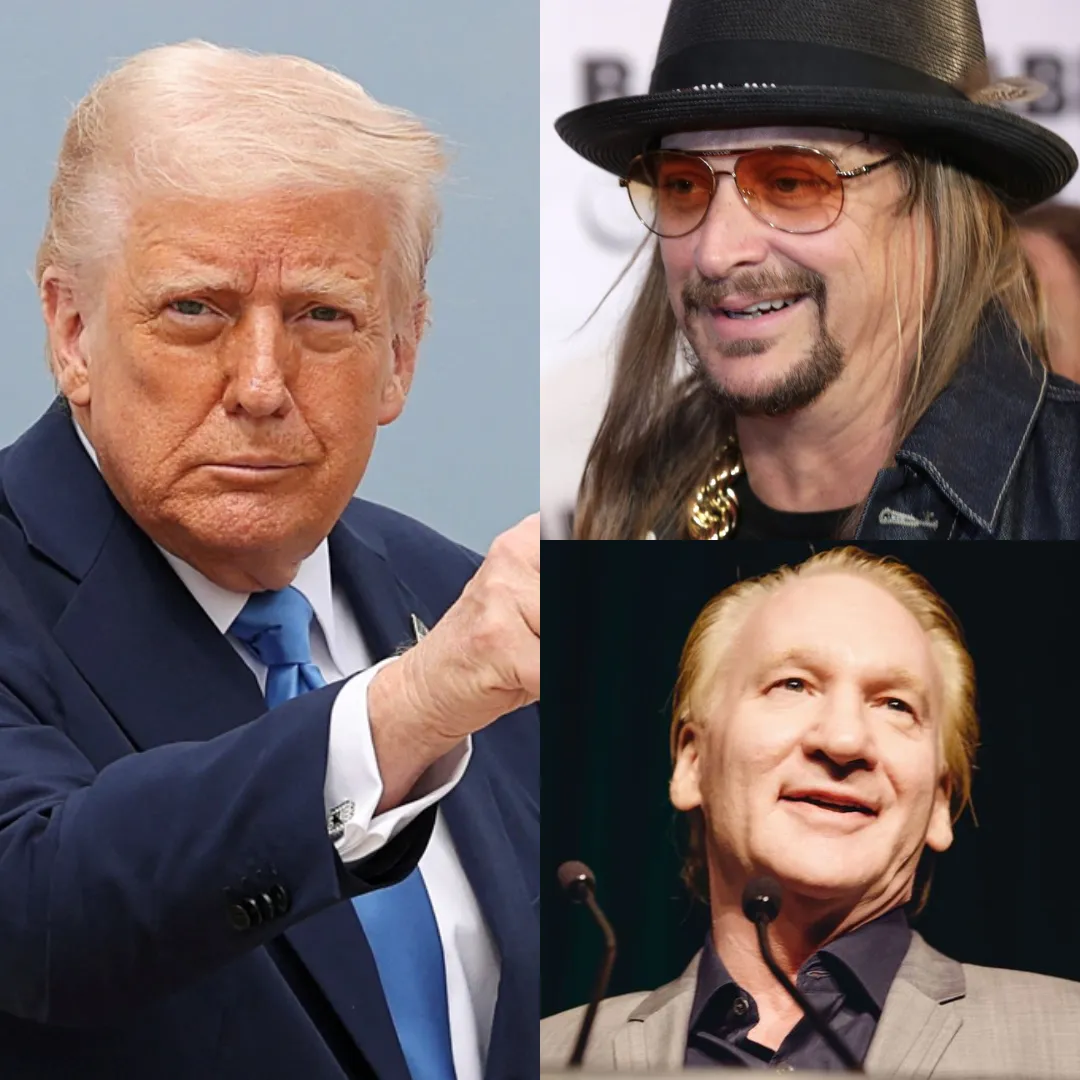
MSNBC host Stephanie Ruhle recently revealed that President Joe Biden's team attempted to shut down an interview she conducted with him in May 2023 after she asked a question about his son, Hunter Biden.
According to Ruhle, the interruption came just as she raised a question about how a potential indictment of Hunter Biden might affect the president’s administration. The moment was not included in the aired version of the interview, but Ruhle claims the incident is well-documented in the interview’s transcript.
Speaking to Lukas Thimm during a December 2023 interview, Ruhle explained how the White House tries to maintain control over media interactions with the president. "In the way of traditional media, the White House runs the show," Ruhle stated.

"When I interviewed President Biden, they gave me 10 minutes, OK? A politician can knock out one answer in 15 minutes." She noted that at "minute 9.5," she asked the president, “Your son, Hunter, might be indicted by your Department of Justice. How will this impact your presidency?”
According to Ruhle, as soon as she posed the question, Biden's aides began to intervene.
“President Biden's team waved in front of the camera, started screaming and yelling, and stopped the interview,” she recalled. Although this interruption was not included in the broadcasted interview, it was captured in the transcript as "crosstalk," as reported by Mediaite.
Ruhle further explained that she asked the president to repeat his response, citing audio issues. While the broadcast version did show President Biden answering the question, his response avoided any acknowledgment of the indictment directly.

Instead, Biden said, “First of all, my son has done nothing wrong. I trust him. I have faith in him. It impacts my presidency by making me feel proud of him.” This response was framed as a show of support for Hunter Biden amid growing scrutiny of his legal issues.
Before Ruhle asked the controversial Hunter Biden question, MSNBC footage shows Biden's aides already attempting to end the interview after she pressed him on topics like the rise in hate crimes and gun violence.
Biden signaled that he wanted to continue, raising his hand to indicate he had more to say. Despite Biden’s willingness to continue, his aides were seen working to bring the interview to a close.
Ruhle emphasized that her question about Hunter Biden was "completely reasonable" and should not have sparked the reaction it did. “As soon as I said those words, President Biden's team waved in front of the camera, started screaming and yelling, and stopped the interview," she said.

She described the event as a key moment that became its own story. "That immediately went on, that's public record, that was in the transcript, that became its own story, and then they punished us." However, she did not elaborate on what form of “punishment” she or MSNBC faced after the incident.
The interview also highlighted President Biden's broader frustrations with media coverage of his administration. Biden criticized the media for its focus on negative news, claiming it was responsible for his poor approval ratings.
“All they've heard is negative news for three years. Everything is negative,” Biden stated. “I'm not being critical of the press, but you turn on the television – the only way you're going to get a hit is if there’s something negative, you know. You don’t – anyway, that’s number one.”

Additionally, Ruhle disclosed that she had personally called President-elect Donald Trump before the 2024 election to ask for an interview.
While Trump declined the request, Ruhle noted that she was able to reach Trump directly, which was a stark contrast to her experience dealing with President Biden’s and Vice President Kamala Harris’s teams. According to Ruhle, the ability to contact Trump directly underscored the differences in accessibility between the two administrations.
This incident highlights the strained relationship between President Biden’s administration and the media, with many journalists feeling that access to the president has become increasingly controlled. Biden’s criticisms of negative media coverage have also raised questions about how his administration views the role of the press.
As Ruhle’s experience illustrates, journalists must navigate the challenge of asking tough but necessary questions, even when it risks upsetting the people in power.



